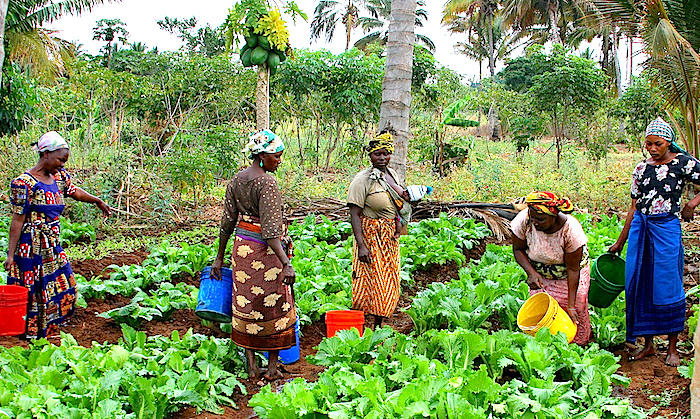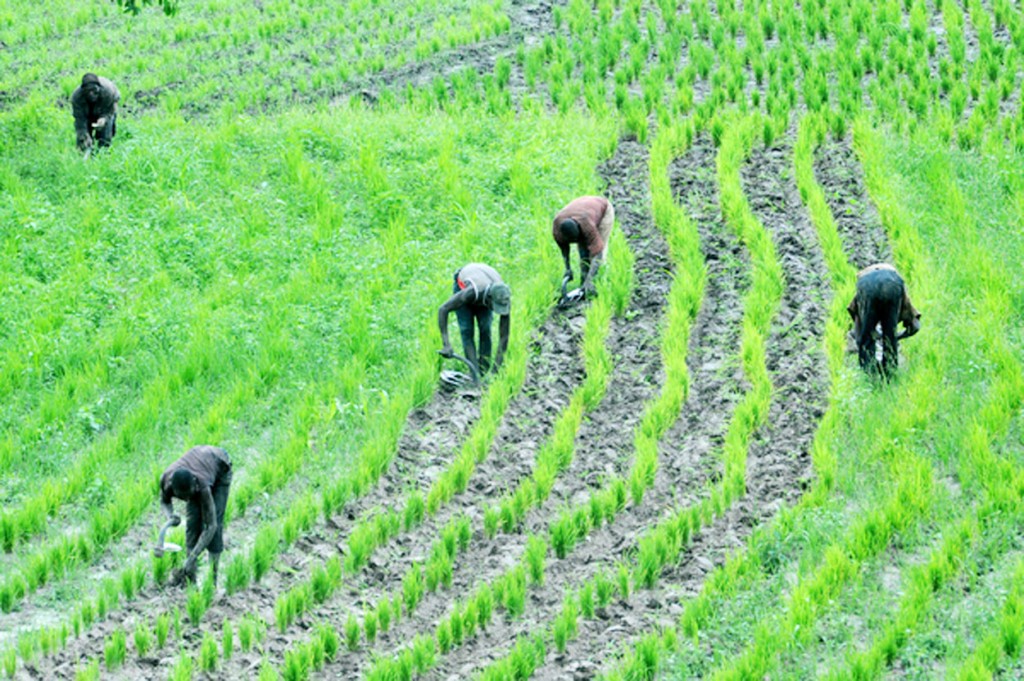Ogbeh Laments Only 2% Irrigation Practice In Nigeria
The Minister of Agriculture, Chief Audu Ogbeh, linked low irrigation practice as one of the setbacks to agricultural production in Nigeria, putting it at only two per cent.
Ogbeh, who said this on the sidelines of the 2nd National Borehole Masters Drillers’ Conference in Abuja, said the strategic role of water in agriculture cannot be over-emphasised, as it was the mainstay of food production.
‘‘One of the setbacks in Nigerian agriculture is that there is very little irrigation.
‘‘Irrigation covers just about 2 per cent of our production, and yet the yields on irrigated agriculture are much higher than those of rain-fed soils. This is because you can control the amount of water that the plant needs.
‘You can do that when you are sure of the cropping, when you organise your cost, and avoid those risks which comes through flooding, and bad water that enters your farm.’’
Ogbeh, who commended efforts of the Federal Ministry of Water Resources in maintaining dams for water conservation, opined that flooding was being linked to inadequate river dredging and heavy rains.
The minister stated that with water preservation, irrigated agriculture in dry season would be encouraged.
‘‘The water flows and ends in the Atlantic Ocean, the ocean does not need more water, but we do, and that is why the ministry is so strategic in providing dams and others.’’
According to him, poor water use is the leading cause of illnesses such as cholera, typhoid, malaria, saying if eliminated, through access to quality potable water, 60 per cent of such illnesses would be eliminated.
He said the ministry was partnering with the Association of Water Well Drilling Rig Owners and Practitioners (AWDROP) to drill wells to increase access to water.
He expressed hope that this would help in minimising the continuous conflicts between farmers and herdsmen. He said the conflicts between herdsmen and farmers were linked to lack of food and water, saying without water, the cattle would not be productive.




